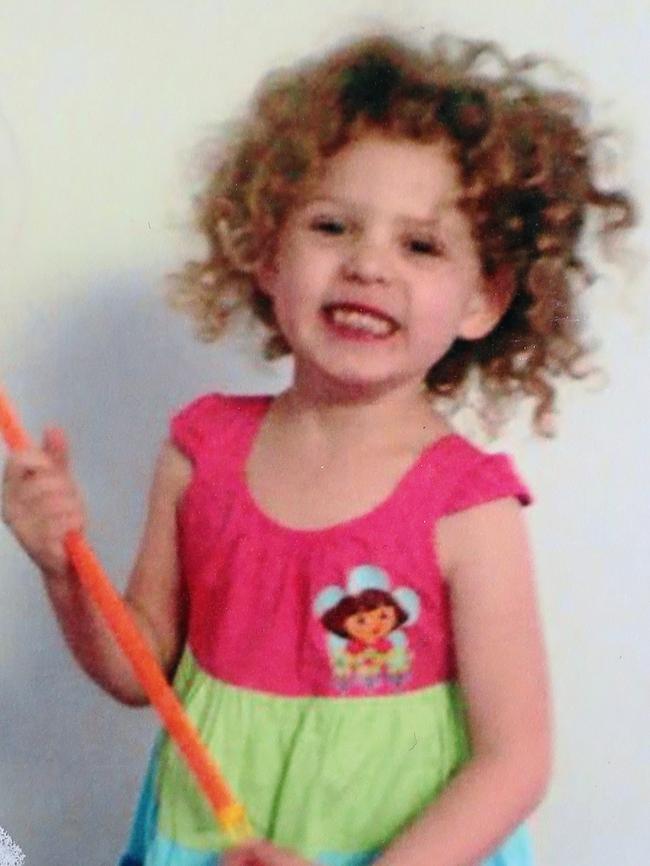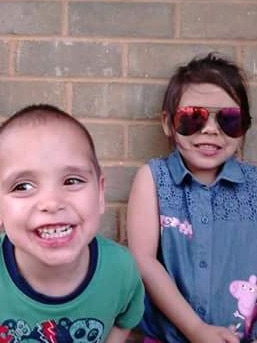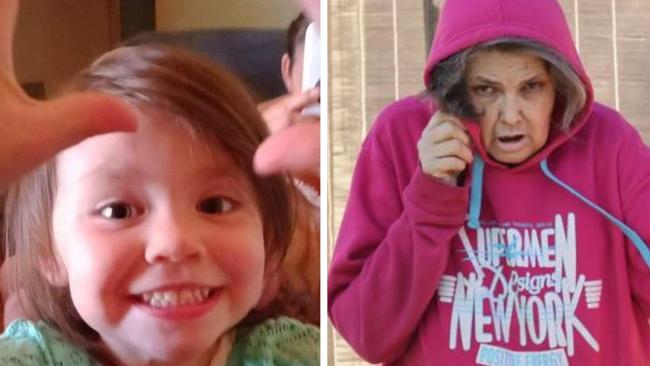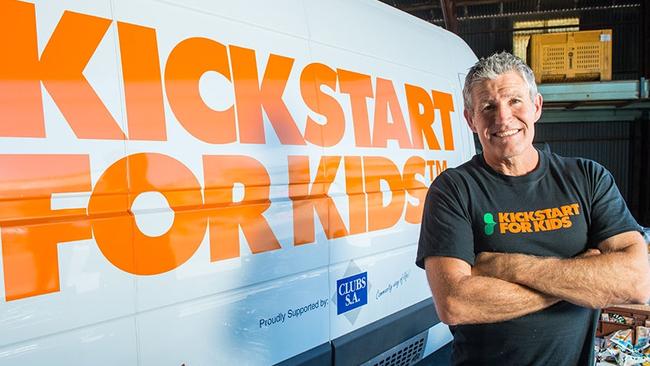Rebecca Whitfield-Baker: Too many kids don’t get the childhood they deserve – until tragedy strikes, most are faceless
Shaving the pay packets of our highest-paid public servants and redirecting to frontline workers might be a start though, writes Rebecca Whitfield-Baker.
Opinion
Don't miss out on the headlines from Opinion. Followed categories will be added to My News.
There is no greater privilege than being a parent and nothing more precious than a child, no matter their age. Even when they’ve long outgrown you in stature, it’s their smiling faces and uniquely them banter that makes everything right in your world, no matter what else is going on.
These days, there is nothing little about my two teenage sons but my heart still swells each morning as I drop them at school and watch them happily walk to class side-by-side, chatting away. They are just very ordinary kids, children of very ordinary parents (albeit with a sometimes over-the-top, over-sharing mum).
They get to do the everyday things we expect kids growing up in Australia in 2022 will do – go to school, play sport, chill out in front of the Xbox. They have a warm, safe place to go to bed at night and plenty of food to fill their bellies.
Except, of course, too many young people don’t have these things, as basic as they seem.
Most remain faceless until tragedy strikes, such as siblings Amber Rigney, 6, and Korey Mitchell, 5, who died in 2016, and little Chloe Valentine, 4, in 2012.


Or, the most recent death from suspected malnourishment of Munno Para girl Charlie, 6.
We shudder, we shed a tear but, for most of us, lives go back to normal, where the biggest stress our kids have to endure is not getting selected for a sporting side they’d hoped for.
We still don’t know exactly what happened to Charlie – her devastated mum says she’s been advised her daughter had a hereditary heart disease. But what is clear is the gorgeous little girl’s home life was far from idyllic.

We know her dad is serving time in prison, for stabbing her mum while in a drug-fuelled rage.
We know, from images captured of the family’s unkempt backyard, it is not the setting we’d want our own kids playing in.
We know four government agencies, including the Department for Child Protection, had contact with the family with unverified reports of up to 500 case notes on it.
Disconcertingly, her family’s story, while sad and complex, is not unique. Too many kids aren’t getting the childhood they deserve, trapped in a Charles Dickens’ Oliver Twist-like scenario.
The question is, what to do about it? How do we do a better job of protecting our most vulnerable little people when their own parents seem incapable?
Perhaps shaving a few dollars off the state’s new head of Premier and Cabinet’s $700,000-a-year pay packet, and those of his buddies, would be a start – redirecting the cash into proven early intervention programs, or more frontline workers?
“Investigations by The Advertiser have previously revealed that about one-third of reports that the department deemed to require investigation were instead closed, often because of a lack of resources,” Social Policy Editor Lauren Novak reported.
This is despite some children being chronically absent from school, going without food, exposed to violence or drug use, living in squalor or without a safe place to sleep.

Ian Steel, an Adelaide dad and founder of KickStart for Kids, a charity that each week serves 60,000 breakfasts and 10,000 lunches to hungry school kids across the state – with demand growing – knows only too well this shocking reality.
So moved by the stories of children he met as a mentor in schools, the builder by trade set up his charity in 2011, previously telling me: “I found all these horrific social issues these kids were having to deal with like having nowhere to sleep, like living in abusive relationships, like living basically with no clothes … with no food in the house.
“(There were) kids stealing cars, 11-year-old girls talking about the baby bonus, 10-year-old boys sleeping on the street, injecting themselves (with drugs) at 12 … eating dog food.
“I obviously knew I couldn’t take them all home but what I could do was give them breakfast.”
Still, a decade on he laments: “The whole system is broken and sometimes you can get so overwhelmed by the situation … how are we going to help all the kids who need it?”
It is his words I ponder as I watch my youngest at footy training, running around with his mates on a soggy field, beaming as he returns to me covered head to foot in mud – just living his best kid’s life.



